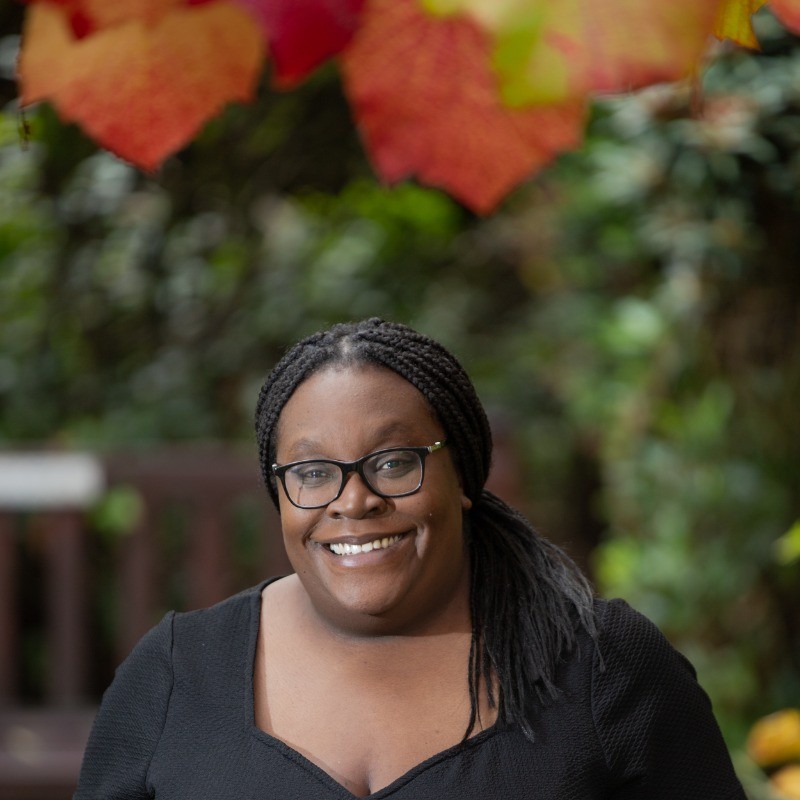Building Inclusive Cultures in the Nuclear Industry
Building Inclusive Cultures in the Nuclear Industry: Lessons from Monica Mwanje
Introduction
In a world where innovation and progress thrive on diversity, the nuclear industry is a sector where inclusivity can drive remarkable growth. Monica Mwanje, a consultant specialising in Equity, Diversity, and Inclusion (EDI), is leading the charge in transforming the nuclear workforce. In a recent episode of The Inclusive Growth Podcast, Monica joined me to discuss her journey, her groundbreaking work, and how inclusive practices can benefit all industries—not just nuclear.
From Chemical Engineer to EDI Advocate
Monica’s career began in chemical engineering, where she entered the nuclear sector by chance through a graduate programme. Over time, she recognised the gaps in inclusivity within this male-dominated industry. Reflecting on her experiences, Monica transitioned to a focus on the people side of the business, helping organisations implement EDI strategies that foster collaboration and innovation.
Inclusive cultures don’t just happen—they’re built intentionally, Monica shared.
Why Diversity Matters in Nuclear
The nuclear industry is currently undergoing a major recruitment drive, needing 40,000 new employees by 2030 to meet the demands of the National Nuclear Skills Plan. Monica emphasises that to fill this gap, the sector must appeal to diverse talent pools and dismantle misconceptions about who belongs in nuclear.
It’s not just about engineers or physicists. We need a variety of skills, perspectives, and experiences to reach net zero goals and sustain the industry’s future, she said.
The Role of Inclusive Events and Research
Monica has spearheaded initiatives like an annual EDI conference and a groundbreaking research report on diversity in the nuclear sector. Her research revealed discrepancies in how minoritised groups perceive opportunities compared to the overall workforce, underlining the need for more inclusive strategies.
By creating spaces for underrepresented groups to connect, Monica’s events foster the exchange of ideas that lead to actionable change.
Overcoming Resistance to Change
Implementing EDI can face pushback, but Monica approaches resistance with curiosity and communication. “Sometimes, it’s about understanding the unknown. Once people see how EDI benefits everyone, the barriers start to fall,” she explained.
This aligns with broader principles: inclusivity isn’t a zero-sum game. It benefits all employees, as shown by practices like pay gap audits, which promote transparency and trust.
Transferable Insights for Any Industry
Monica’s strategies aren’t limited to the nuclear sector. Her work highlights principles that apply across industries:
- Be intentional about creating inclusive spaces.
- Use data and research to inform decisions.
- Educate leaders on the value of diversity for long-term growth.
- Communicate clearly to address resistance.
Conclusion: The Future of EDI in Nuclear and Beyond
The nuclear industry’s journey towards inclusivity is far from over, but leaders like Monica Mwanje are paving the way. By connecting diverse talent with opportunities and fostering environments where everyone feels they belong, industries can achieve sustainable, inclusive growth.
Reflective Question: How is your organisation creating intentional spaces for underrepresented groups to thrive?
